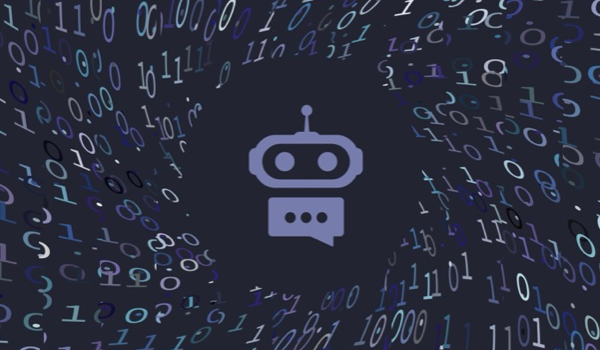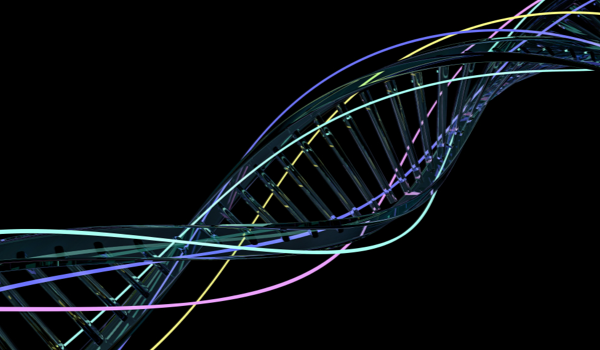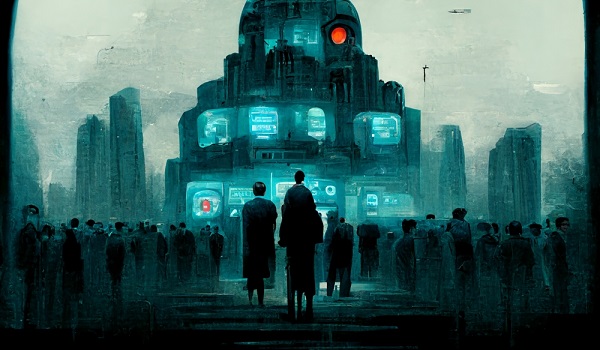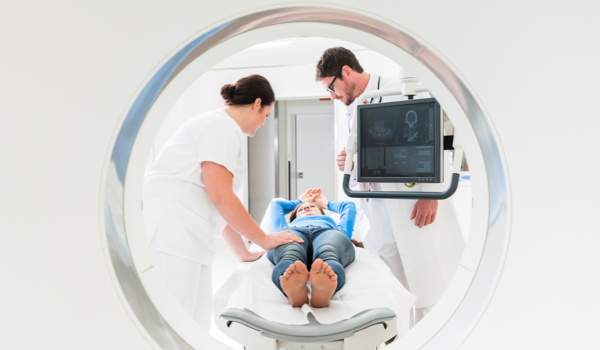

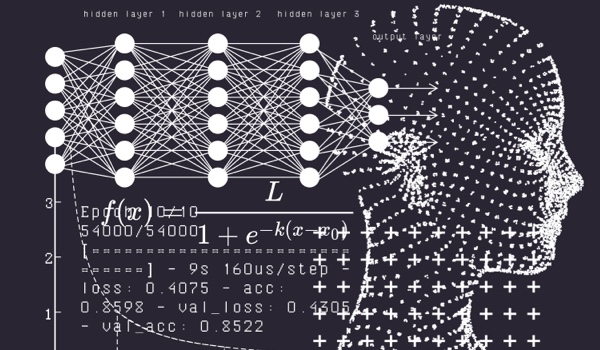
SAN ANTONIO, TEXAS - Artificial intelligence (AI) is becoming steadily more embedded into people’s everyday lives. Every day, humans interact with some sort of AI device, and a specific form of AI called deep neural networks (DNN) is now becoming useful for myriad daily tasks. DNN impact every aspect of civilization from transportation to agriculture, military, and law enforcement. This is especially true in the healthcare field, where deep learning (DL) is not only being programmed to help save lives and diagnose disease, but also to slow down and possibly even stop the process of aging itself. With DNN, we now have the tools to run simulations, develop and test experimental drugs, and analyze vast amounts of data and information to discover more therapeutics that would otherwise take humanity decades or even centuries to discover.
Many years ago, Alan Turing wondered, “Could a machine emulate the human mind and actually think?” Artificial intelligence (AI) refers to the theory and process of making computers more intelligent in ways that humans are. Frank Rosenblatt, Walter Pitts and Warren McCulloch, three pioneers of AI, created the first instance of the mammalian neuron which led to the “perceptron.” This was the first mathematical algorithm of the neuron where the weight values could be adjusted based on certain input values. Subsequent AI systems would become much more sophisticated and much more complicated, and over time be dispatched in myriad fields to enhance the productivity of employees in the workforce, essentially restructuring how we go about our daily lives. This is basically what is happening in healthcare, for example.
History of Drug Discovery
The history of general medicine dates all the way back to 1700 BCE during Babylonian times, with texts found that described a surgeon’s responsibilities. Even ancient Egyptian
The content herein is subject to copyright by The Yuan. All rights reserved. The content of the services is owned or licensed to The Yuan. Such content from The Yuan may be shared and reprinted but must clearly identify The Yuan as its original source. Content from a third-party copyright holder identified in the copyright notice contained in such third party’s content appearing in The Yuan must likewise be clearly labeled as such. Continue with Linkedin
Continue with Linkedin
 Continue with Google
Continue with Google
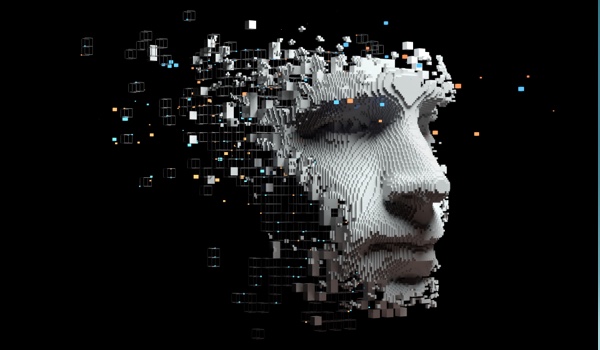
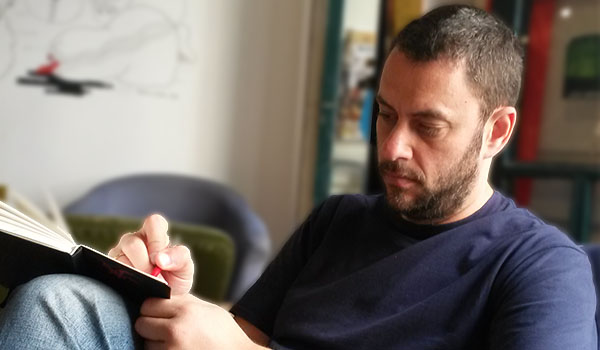







 1692 views
1692 views
